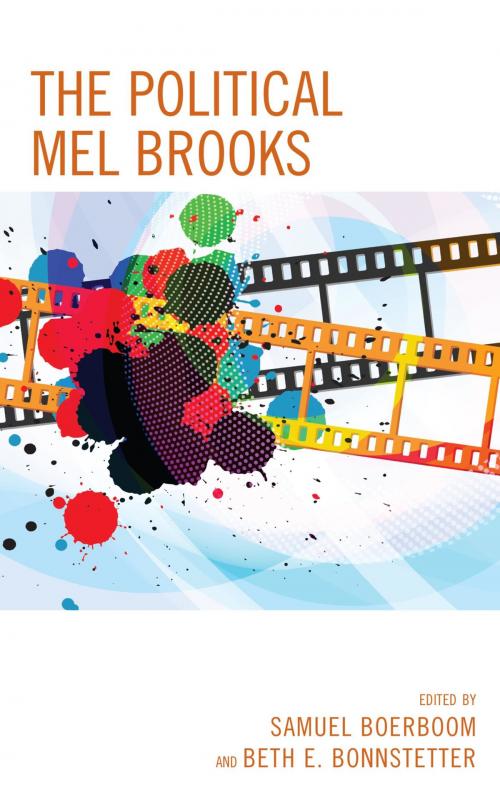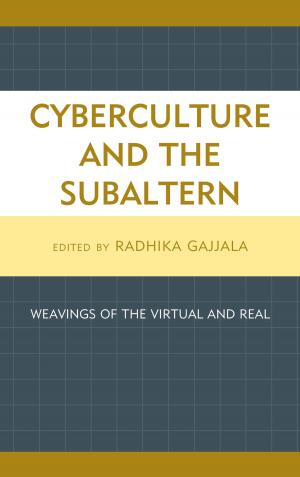The Political Mel Brooks
Nonfiction, Reference & Language, Language Arts, Communication, Social & Cultural Studies, Political Science, Social Science| Author: | Melissa Boehm, Samuel Boerboom, Beth E. Bonnstetter, Garret L. Castleberry, Lisa Marie Ellert, Kimberley Hannah-Prater, Micayla Joy Lander, Richard Loosbrock, James B. McCauley, William S. McMurry, Matthew R. Meier, Leanne Stuart Pupchek | ISBN: | 9781498586719 |
| Publisher: | Lexington Books | Publication: | June 7, 2019 |
| Imprint: | Lexington Books | Language: | English |
| Author: | Melissa Boehm, Samuel Boerboom, Beth E. Bonnstetter, Garret L. Castleberry, Lisa Marie Ellert, Kimberley Hannah-Prater, Micayla Joy Lander, Richard Loosbrock, James B. McCauley, William S. McMurry, Matthew R. Meier, Leanne Stuart Pupchek |
| ISBN: | 9781498586719 |
| Publisher: | Lexington Books |
| Publication: | June 7, 2019 |
| Imprint: | Lexington Books |
| Language: | English |
The Political Mel Brooks analyzes both Mel Brooks’s more popular films and his lesser known work to explore how his use of parody and satire, his keen sense of the history of Jewish comedic conventions, and his deep awareness of social issues encompasses a political project that, while often implicit, nonetheless speaks to the enduring political and social impact of his films. Brooks’s work often employs a nuanced political style that acts as a social commentary against those in power and in favor of oppressed and misunderstood persons.
This volume emphasizes Brooks’s political legacy and his masterful use of parody and satire to craft sophisticated political critiques of dominant culture. Contributors illustrate in a practical and accessible way how to explore how comedic films and television series can employ parody and satire not just to mock generic conventions, but also dominant political ideologies. Scholars of media, film, pop culture, political science, and communication studies will find this volume especially useful.
The Political Mel Brooks analyzes both Mel Brooks’s more popular films and his lesser known work to explore how his use of parody and satire, his keen sense of the history of Jewish comedic conventions, and his deep awareness of social issues encompasses a political project that, while often implicit, nonetheless speaks to the enduring political and social impact of his films. Brooks’s work often employs a nuanced political style that acts as a social commentary against those in power and in favor of oppressed and misunderstood persons.
This volume emphasizes Brooks’s political legacy and his masterful use of parody and satire to craft sophisticated political critiques of dominant culture. Contributors illustrate in a practical and accessible way how to explore how comedic films and television series can employ parody and satire not just to mock generic conventions, but also dominant political ideologies. Scholars of media, film, pop culture, political science, and communication studies will find this volume especially useful.















